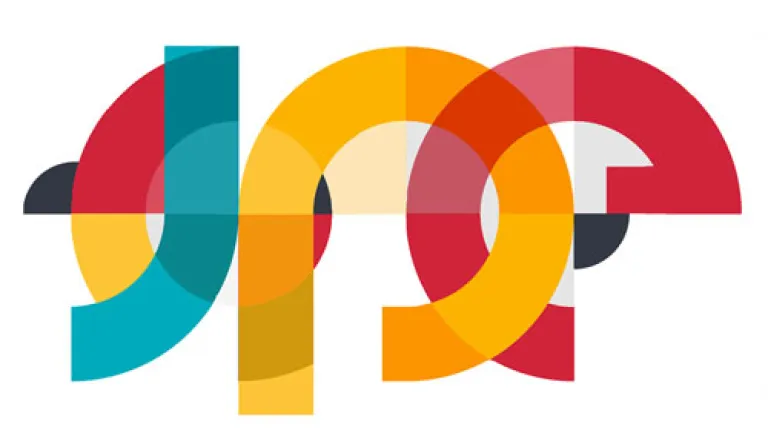IAALS Moves Forward with JPE 2.0, an Initiative to Improve and Expand Programs for Evaluating the Performance of State Court Judges

IAALS, the Institute for the Advancement of the American Legal System, continues its commitment to ensuring fair, impartial, transparent, and accessible courts through JPE 2.0—a project that will help judicial performance evaluation (JPE) programs nationwide update their approaches to reflect modern realities, while remaining accurate, trusted, and relevant.
JPE processes—first developed in the 1980s—provide a foundation for states to assess the job performance of judges, and 16 states, the District of Columbia, and Puerto Rico have official JPE programs. Today, these programs continue to focus on the right goals—evaluating judges for politically neutral qualities like impartiality, transparency, and consistency, as well as accountability for job performance instead of the specific decisions a judge makes—but updating their evaluation approach is essential.
“Our world has changed drastically since JPE programs were first introduced, and even more so in just the last few years. The public’s perceptions of—and experiences with—the justice system and our judges have also changed. We are at a crucial moment in time to revisit how we evaluate our judges and ensure that evaluation programs fully reflect the experiences of modern court users, the needs of modern judges, and the expectations of modern voters,” said Brittany Kauffman, IAALS Interim CEO.
Despite their critical importance, JPE programs have suffered from waning enthusiasm in the past decade, with some critics expressing concern about the accuracy and validity of surveys and the lack of overall transparency and participation in the process. Changes in technology present new opportunities for courts and judges to renew their relationship with the people they serve. If the courts are to fulfill their constitutional promise, they must reinspire public trust and confidence—and JPE programs have an important role to play in that effort.
JPE 2.0 represents an effort to address these issues, by thinking creatively about how to maintain the core goals of JPE while also being responsive to emerging best practices and legitimate concerns about antiquated techniques. With the assistance of a task force comprised of leaders of JPE programs around the country, IAALS will identify the issues and problems to be addressed by the next generation of JPE, conduct rigorous research with courts nationwide, and publish new recommendations for modern JPE programs—creating an empirically based foundation for JPE 2.0.
“Recognizing the inherent value of JPE to the courts and the public, IAALS created the JPE 2.0 project to reinvigorate and strengthen this vital work for the 2020s and beyond,” said Jordan M. Singer, Professor of Law, New England Law│Boston and JPE 2.0 Task Force Chair.
In May, IAALS held an invitation-only convening, JPE 2.0: Modernizing Judicial Performance Evaluation, that brought together thought leaders from across the country to begin formulating recommendations for the future. Convening participants reviewed the current tools and criteria for measuring judicial performance, identified contemporary issues and challenges facing state JPE programs, and worked toward developing modern approaches to judicial evaluations.
Outcomes from the convening will help formalize IAALS’ forthcoming recommendations for modernizing the evaluation process nationwide.
“How can judicial performance evaluation be upgraded to strengthen state judiciaries and provide relevant information to today’s skeptical voter, who often has a cursory understanding of the third branch of government and is increasingly partisan-minded? It is no small ask, to be sure. But with JPE 2.0 a model JPE upgrade is finally on the horizon,” said Jennifer Yim, Executive Director, Utah Judicial Performance Evaluation Commission and JPE 2.0 Task Force member.
While JPE programs are state-specific, all adhere closely to the criteria that judges should be evaluated on the process of judging rather than specific case outcomes. More specifically, the criteria focus on qualities that anyone would demand of a good judge: excellent legal ability and legal knowledge, integrity and impartiality, strong communication skills, professional temperament, and high administrative capacity.
“IAALS’ research has highlighted a clear public consensus for this vision,” said Kauffman. “We are excited to work with leaders of JPE programs around the country who are dedicated to these ideals and to modernizing judicial performance evaluation, to help create a justice system that is trusted and trustworthy.”

